
Linux Mint 18 details revealed -- code name, release date, and more!
When it comes to desktop computing, I love me some Linux. While Ubuntu is my favorite distro of the moment, I use many others from time to time, such as Fedora, deepin, and Linux Mint. My desktop environment preference is Unity or Gnome, but I understand the love for Mint's Cinnamon or MATE. If you are coming from Windows, and prefer the "Start Menu" approach as an interface, both of those primary Mint DEs will make you comfortable.
Since Mint is based on Ubuntu, there are tons of available packages, and online support -- no wonder it is so popular in the Linux community. Today, new details about version 18 of the operating system have made their way to the web. We now know the code name, approximate release date and Ubuntu version for its base! What is the code name? Well, if you are a fan of Sex and the City, you might be excited, as it shares the first name of the lead actress. Can you guess?

Ubuntu Linux 16.04 'Xenial Xerus' Alpha 1 available now
While Windows 10 is a solid operating system, it is nowhere close to being perfect. Actually, for 2015, I am comfortable saying Ubuntu was the superior operating system. The Linux-based OS is rock solid, while being straightforward -- no confusing privacy settings, silly live tiles, or aggressive upgrade tactics. Quite frankly, Ubuntu 15.10 with Unity is currently my favorite operating system. This is saying a lot, as I have historically preferred Fedora with GNOME.
Today, the first official Alpha of the upcoming Ubuntu 16.04 'Xenial Xerus' becomes available for download. By the way, a Xerus is apparently an African squirrel; you can see an image of one above. Before you get too excited, however, Unity is not available, nor is GNOME or KDE. No, this is exclusively a LXDE, MATE, and Kylin (for Chinese-language users) affair.

Ransom32 is JavaScript-powered ransomware affecting Windows, Mac and Linux
Cross-platform viruses and malware are something of a rarity, but now there's a first-in-its-class JavaScript-based ransomware that can infect Mac, Windows and Linux. Ransom32 uses the Node.js runtime environment running on the NW.js platform to burrow into the target operating system and hold files to ransom.
While on the face of it, this is just another example of ransomware that encrypts files and seeks Bitcoin payments to decrypt them, it is more than that. The NW.js framework not only allows for cross-platform infections, but also means it is harder to detect. Ransom32 bears some resemblance to CryptoLocker and has been dubbed Ransomware-as-a-Service.

Windows doesn't top the vulnerability list for 2015, but Microsoft as a whole does
Software vulnerabilities are a daily event it seems, but some systems just have more of them. When we think of this a couple of names usually spring to mind -- Flash and Java. However, according to the new list being published by CVE Details, they aren't quite at the top, nor is Microsoft's oft-maligned operating system.
Basing its numbers on "distinct" vulnerabilities, the security firm has released its top 50 naughty list of 2015. Leading the way was, in fact, Apple, which claimed the top two spots -- Mac OS X with a number of 384 vulnerabilities, closely followed by iPhone OS (or iOS as most people like to call it) with 375.
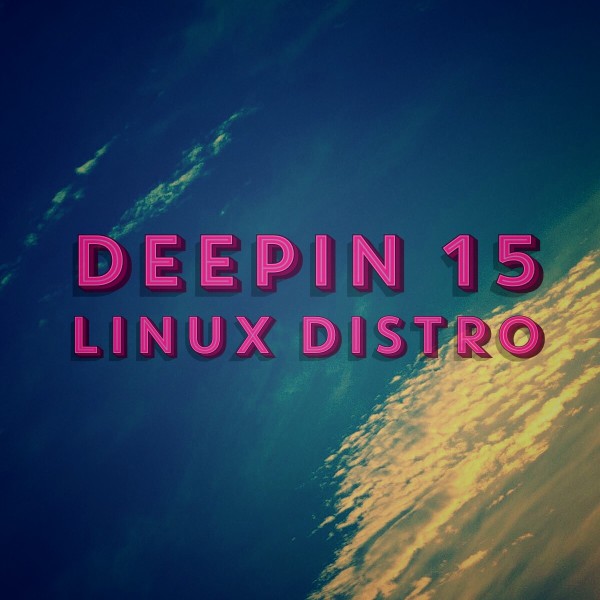
Ring in the new year by installing deepin 15 -- a beautiful Debian-based Linux distribution
As 2015 comes to a close, we must again face the reality that Linux is a failure on the desktop -- its share of the pie is almost nonexistent. While the kernel is wildly popular on smartphones and servers, Windows is still the dominant force on home and business workstations. You know what? That's fine. Regardless of popularity, or lack thereof, desktop operating systems based on the Linux kernel aren't going anywhere. We Linux users aren't going anywhere.
Today, a beautiful operating system from China, deepin, hits version 15. No longer based on Ubuntu -- the project has switched to a Debian base -- it is gorgeous and has an intuitive HTML5-based environment. And yes, it is available in English. Happy New Year, fellow Linux users!

5 ways Ubuntu Linux is better than Microsoft Windows 10
Windows 10 is a pretty good desktop operating system. Unfortunately, that OS is very far from perfect. The most glaring issue, of course, is the confusing privacy settings. Plus, let us not forget the arguably shady tactics Microsoft is employing to get users to upgrade to the operating system. While Windows 10 is more focused than its predecessor, there is still a lack of consistency, such as having a Settings Menu and separate Control Panel menu.
Meanwhile, in the land of Linux, Ubuntu hit 15.10; an evolutionary upgrade, which is a joy to use. While not perfect, the totally free Unity desktop-based Ubuntu gives Windows 10 a run for its money. Does this mean I think Linux will soon rule the desktop? Absolutely not. Windows will still be dominant in number of installs for the foreseeable future. With that said, more does not always mean better. Here are 5 ways Ubuntu bests Windows 10.
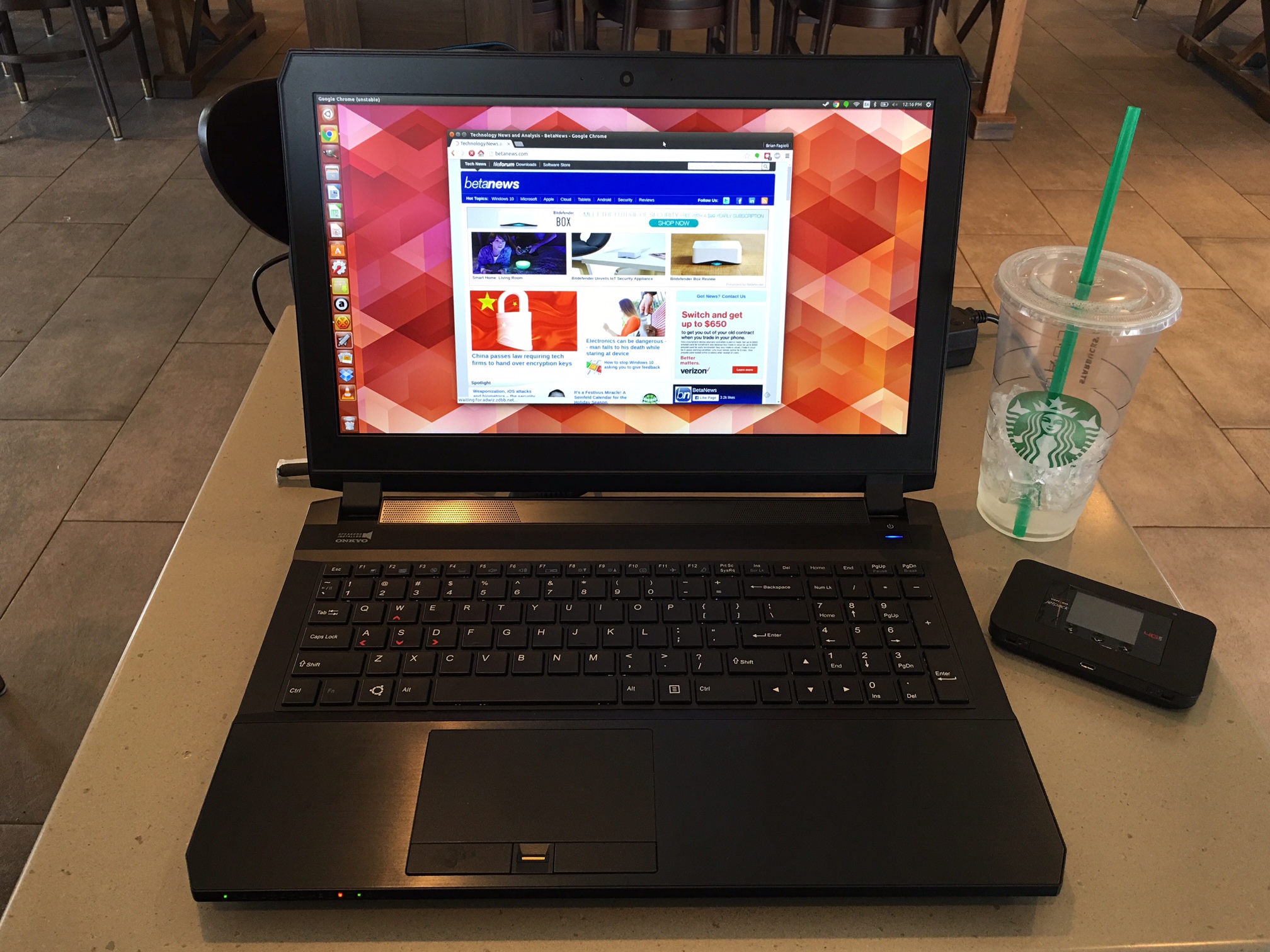
System76 Oryx Pro is the Ubuntu Linux gaming laptop of your dreams [Review]
When you think of a gaming PC, two things probably come to mind -- Microsoft Windows and desktop computers. In other words, gamers don't typically target laptops for playing their favorite games, and even when some do, they will likely aim for Windows 7, 8, or 10. Thanks to Steam, however, Linux-based operating systems are a legitimate option for gaming.
If you want a Linux-based gaming laptop, your choices are slim. Yes, you can buy a Windows laptop and replace the operating system with Ubuntu or another OS, but that isn't the best experience. Ideally, you want a machine that was designed and sold with Linux in mind. Enter the Ubuntu-powered System76 Oryx Pro. This beast of a gaming laptop can be configured with some jaw-dropping specs. The one I have been testing features an Intel Skylake Core i7 processor, 32GB of DDR4 RAM, NVMe SSD and NVIDIA graphics, including G-SYNC. Are you salivating yet? Read on for more specs and my impressions.

North Korea's Red Star OS leaves the government in control of computers
Based on Fedora Linux, you might expect North Korea's Red Star OS to be a secure operating system. It's not -- at least not by most people's standards. Like China, the socialist state is keen to embrace the power of the internet, but wants to retain control over is citizens. This s exactly what Red Star OS enables the government to do.
Germany researchers from the security company ERNW have probed Red Star OS, examined the code and determined that it is a home grown operating system that leaves the government in control of many aspects of its use, including encryption. It has been suggested that North Korea is paranoid that the west will try to infiltrate through software, but it is North Korean citizens that should be more worried.

Santa Claus pulls Manjaro Linux 15.12 'Capella' out of his sack
Santa Claus is a cool dude. Not only does he live at the North Pole with a bunch of elves, but he has a magically massive sack too. Santa's sack can hold an infinite number of toys and presents. It's kind of like Dr. Who's Tardis -- it looks like a normal sack, but the inside is much bigger than the outside.
Today, Santa is emptying his sack all over the Linux community, by delivering Manjaro Linux 15.12. Sure, Christmas is not for a couple of more days, but if you are a fan of the Arch-based operating system, you can begin celebrating early.
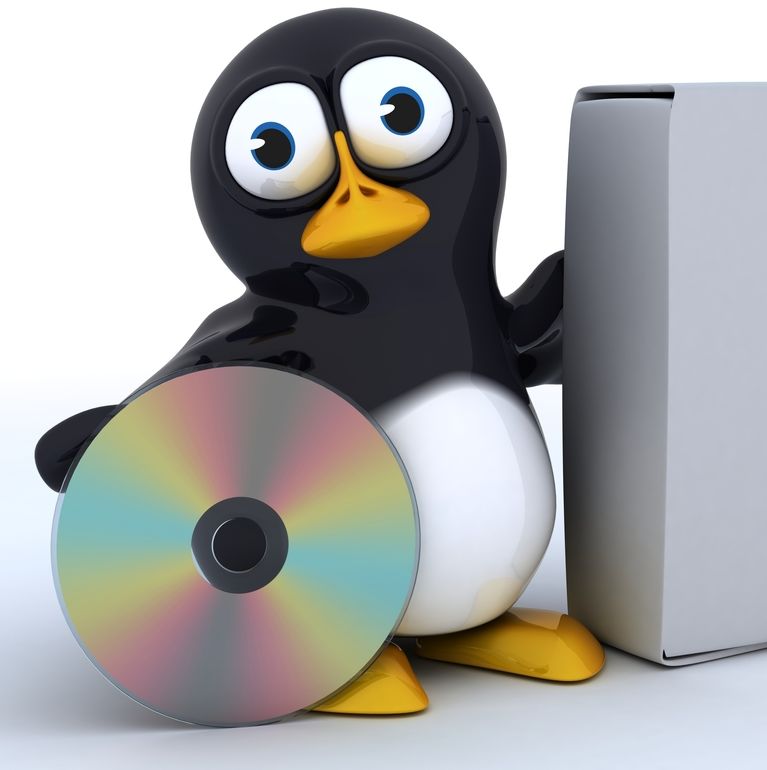
Privacy-focused Tails 2.0 beta 1 Linux distro is here -- Debian 8, GNOME shell classic, and more
With clueless politicians, the media, and scared citizens calling for a ban on encryption, it can feel like the Internet is under attack. Such basic rights to privacy are the foundation of the net -- once we lose them, it can be impossible to get back.
Unfortunately, even mundane aspects of computing, like operating systems -- which should fade into the background -- are threatening our privacy. Windows 10, for instance, sends much data to Microsoft, while Android is partly a means for Google to collect data. Traditional Linux distributions are not inherently privacy-focused, but generally speaking, many are. For the gold standard in privacy and security, Tails -- a distro recommended by Edward Snowden -- can be used. Today, the first beta of the 2.0 version operating system becomes available.

Insane bug makes it incredibly easy to hack many Linux systems
Linux is usually touted as the operating system of choice for those concerned about privacy, but a recently discovered bug makes it unbelievably simple to bypass authentication. A vulnerability in Grub2 -- the bootloader used by many Linux distros -- means that all it takes to take control of a computer is to press the backspace key 28 times.
Two researchers from the Cybersecurity Group at Spain's Polytechnic University of Valencia published a paper that reveals just how easy it is to gain access to many Linux systems. It's not a problem that Ubuntu, Red Hat, and Debian users need to worry about too much as patches have already been issued, and users of other distros can make use of an emergency patch in the Grub2 git repository.
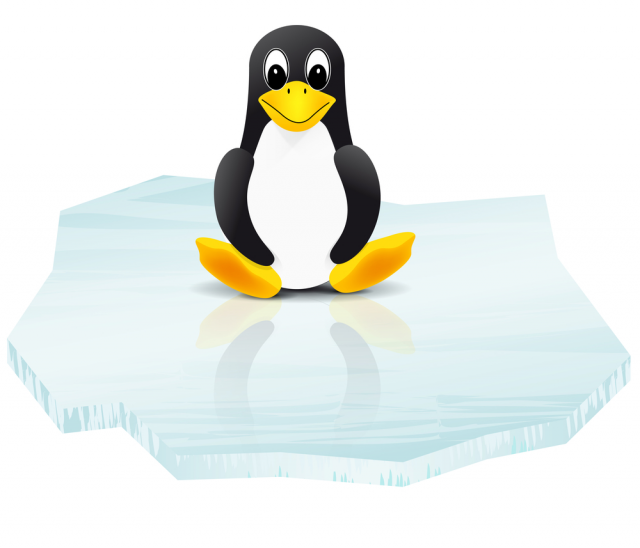
CentOS Linux 7 1511 is here -- download the free enterprise-class operating system now
For large businesses looking to embrace Linux and open source solutions, one of the best -- if not the best -- enterprise-grade operating systems is RHEL. Red Hat Enterprise Linux is rock solid and offers legendary support.
What if you aren't a big business, however, and don't need, or cannot afford Red Hat support? In other words, maybe you have some Linux professionals on staff at your small business, but still want the stability and usability of RHEL. Enter CentOS. This totally free and community-supported enterprise Linux distro -- based on RHEL -- should totally meet your needs. Today, a new release, version 7 1511 is made available.
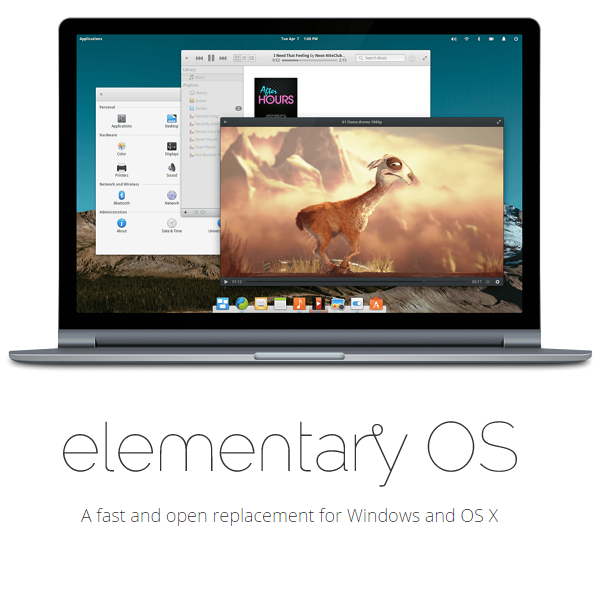
elementary OS Freya 0.3.2 now available -- download the Linux distro now
When people choose a Linux distribution, there are many factors to consider. Of course, you want to look at included software, the package manager, and the philosophies of the team behind the operating system. Arguably more important -- at least to home users -- is the desktop environment. For someone using Linux on the desktop, the user experience could be paramount.
One such Linux-based operating system that puts a priority on design and user experience is the fabulous elementary OS. Luckily, it is not form over function, as its stability and usefulness matches the beauty on the surface, thanks to its Ubuntu base. Today, a new version of the popular distro, Freya 0.3.2, becomes available for download. Will you download it?
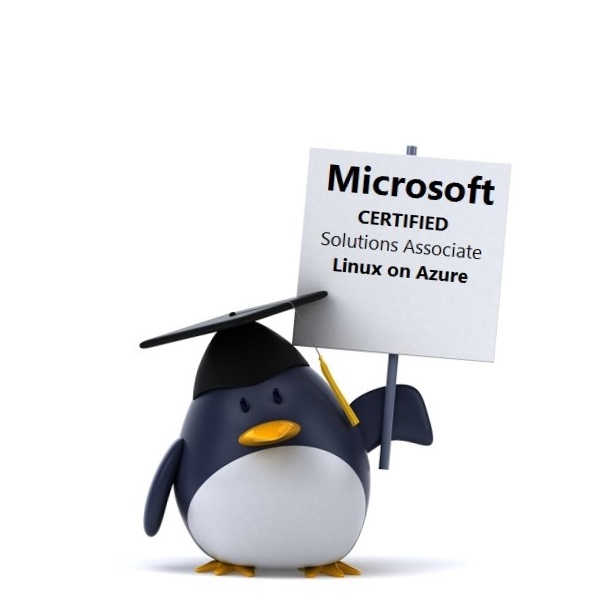
Microsoft partners with The Linux Foundation for 'Linux on Azure' certification
Linux is not only the future, but the present too. Even if you do not directly use an operating system based on the kernel, there is a good chance that it impacts you every day. Much of your precious internet traffic is routed through servers that run Linux. Many set-top boxes and devices are powered by the kernel and you may not even know it. Of course, Android is one such Linux-based operating system that millions upon millions of people use daily.
With that said, careers in Linux could be ready to explode. Believe it or not, 97 percent of surveyed hiring managers are looking to add Linux professionals, according to the 2015 Linux Jobs Report. Seriously, if you or someone you know has an interest in computers, yet don't know which direction to take in school or career, it is something to explore. While it may not be a good fit for everyone, it is worth your attention -- even Microsoft is hiring Linux professionals nowadays. In fact, today, that company announces a partnership with the The Linux Foundation for a special, Microsoft-issued, Linux on Azure certification.

Linux Mint 17.3 'Rosa' is an early Christmas present that is ready to be unwrapped
While I am a fat guy, I am not particularly jolly. I also can't really grow a beard. I guess what I'm trying to say, is that I would make a very poor Santa Claus. Still, I am excited to give gifts to my friends and family this year.
You know who would make a great Santa, however? Clement Lefebvre, the leader of Linux Mint. Actually, I have no idea what the guy looks like, but he is delivering presents to people all over the world. What is this gift he is distributing? Well, it is better than any toy train or video game -- it is the awesome Linux Mint 17.3 'Rosa'. Yes, the latest version of the wildly popular Linux-based operating system is ready to be unwrapped.
